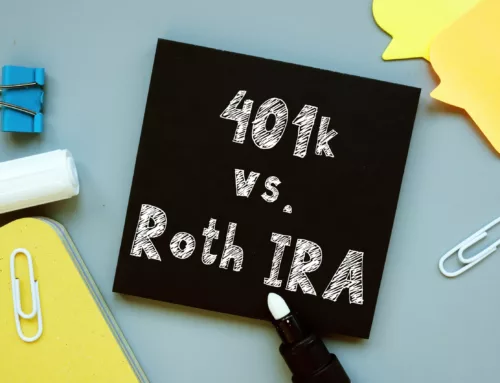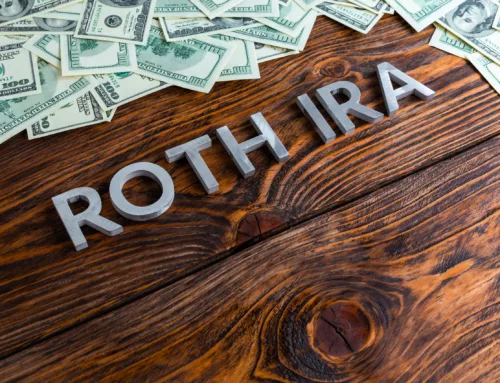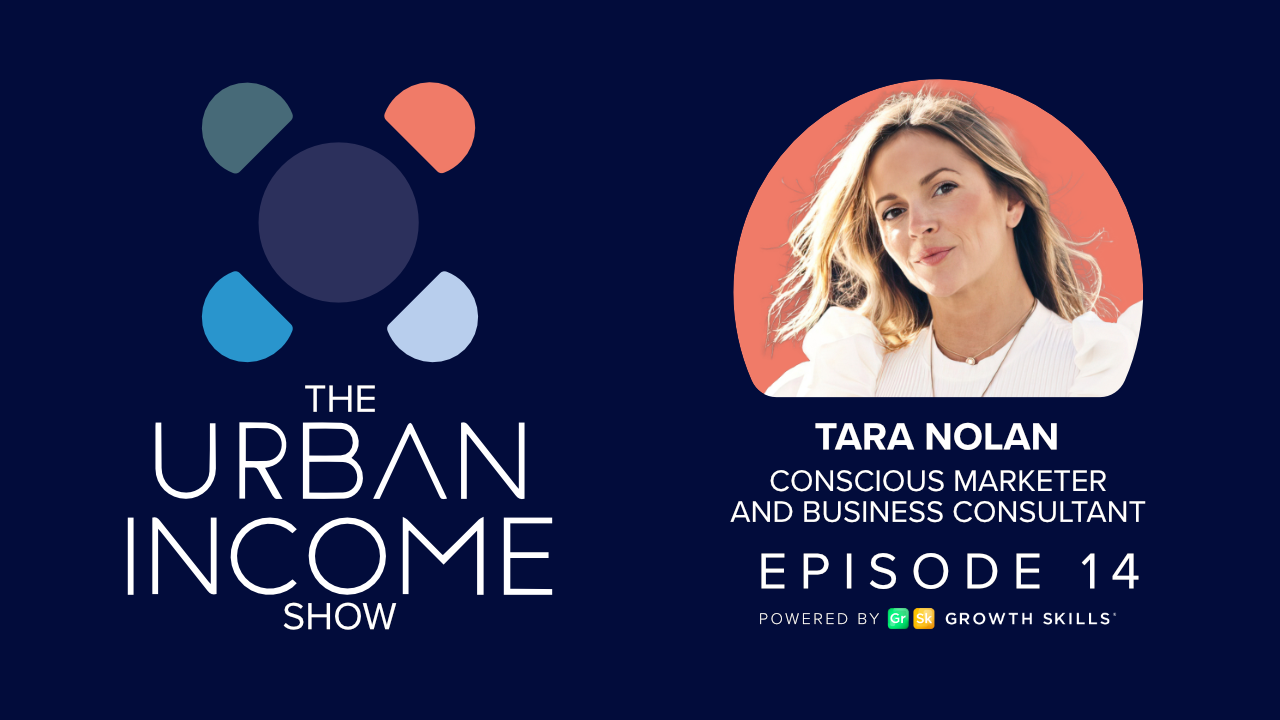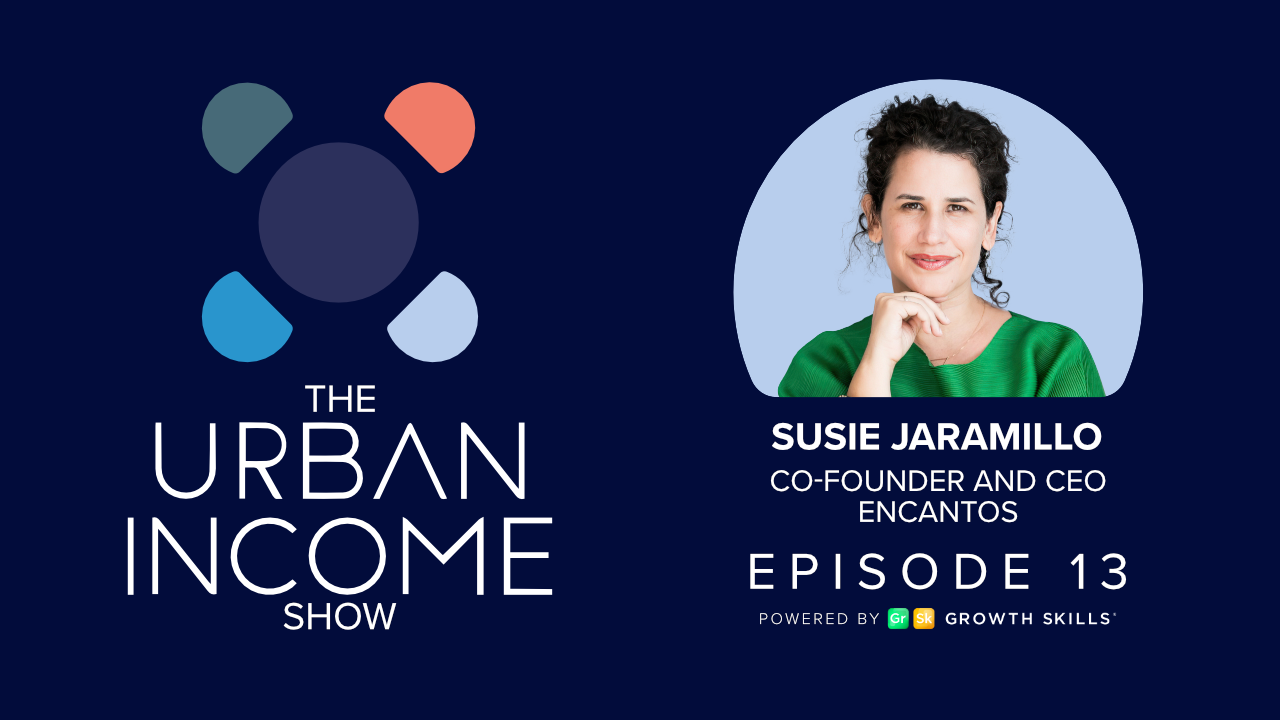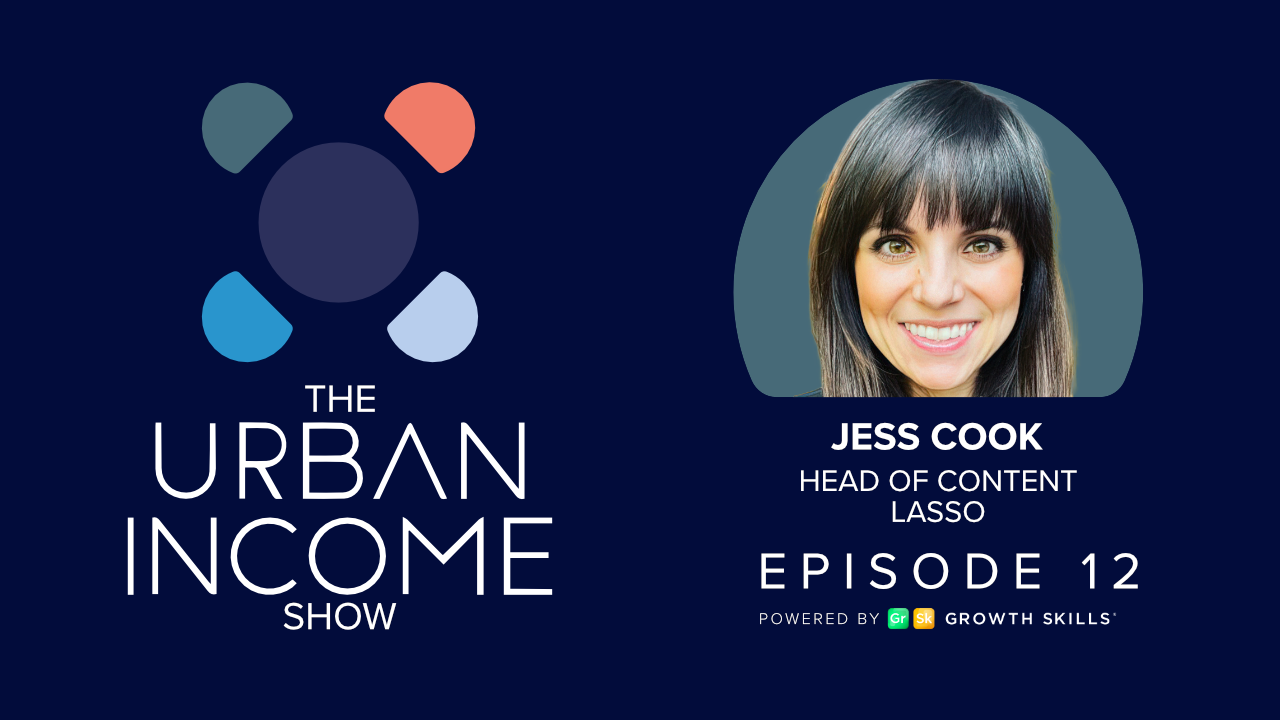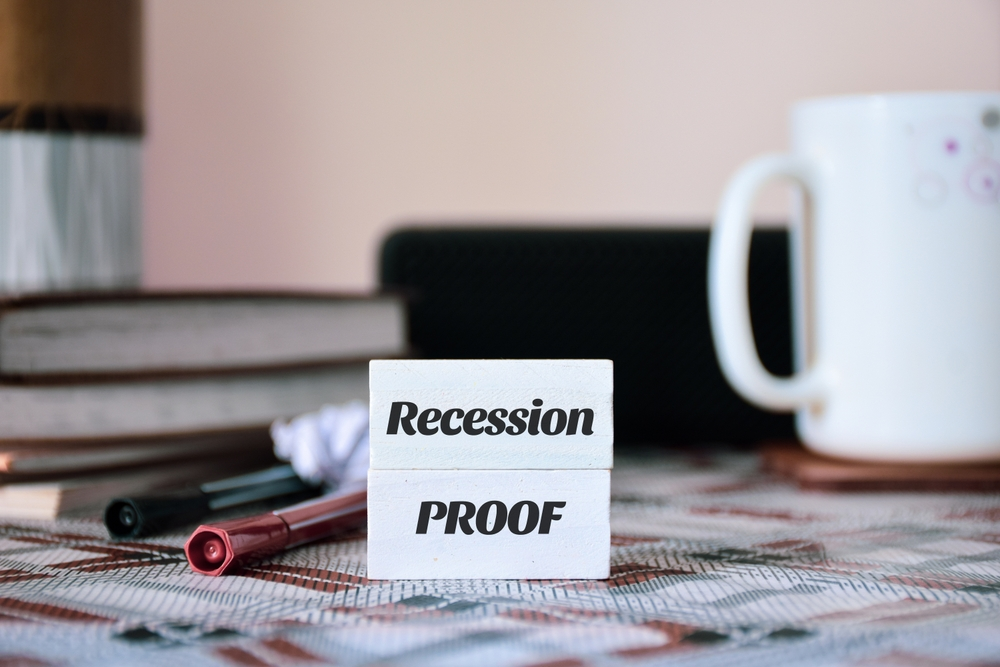How to Buy a House
For many of us, the American dream is built on having a home to call your own. A place to have a family, grow a garden, build a picket fence, and eventually own it outright.
In the 50s, having a home was a lot easier. Many people who had just fought in World War II had college paid for them in the GI Bill, and everyone from janitors, carpenters, business people, and bus drivers could afford a mortgage and buy a home.
Now it’s 2022, and the world is a different place. Real estate is at record highs, and interest rates keep going up. It might seem that buying a home is just a dream, but it is still possible, especially if you know the ins and outs of what you should do to find the right home.
So in this article, we’ll talk about everything you need to make that dream home a reality.
Have Consistent and Reliable Income
When you decide to buy a home, you will have to show your lender two years of your working history to show that it’s stable. Most importantly, your lender wants to feel comfortable lending you a mortgage. So you will have to provide pay stubs and W2s or submit a tax return if you are self-employed.
Try to Have as Little Debt as Possible
When mortgage lenders evaluate your application, one of the main factors they look at is your debt-to-income ratio or DTI. This is calculated by dividing your monthly debt by your monthly income. In general, the less debt you already have will help you get a higher mortgage for your dream home.
Have Money Saved to Help With Your Downpayment
Buying a home with no money down is possible; however, most places require 3-6% of the home’s value as a downpayment. The more money you have and can pay in cash will make you a lot more attractive to home sellers, and it will save you a lot of money in interest you would have to pay if you do not have a large downpayment.
Have a Healthy Credit Score
A high credit score plays a huge part in determining what interest rate you qualify for in a mortgage. The higher your credit score, the lower the interest and better mortgage options. A credit score is determined by:
- Your payment history
- The amount of money you owe
- The length of your credit history
- Types of credit you’ve used
- Your pursuit of new credit
One of the best ways to improve your credit score is to pay off your credit card balance each month on your cards and also try not to have any credit card debt. In general, most lenders require a score of at least 620, and anything above 720 will get you the best loan terms and conditions.
Know How Much You Can Afford
Unlike renting, homeownership has many more expenses, including property tax and homeowners insurance. Once you know you want a house, it’s important to calculate what you can realistically afford. An easy way to do that is by using this Home Price Calculator.
Decide What Mortgage to Choose
There are different loans, and it is always wise to know the ins and outs of each one. When you apply for a mortgage, ALWAYS READ THE FINE PRINT. If you are not used to reading contracts, find a friend to help and also use this resource to understand all the terms here.
Conventional Loan
The 30-year fixed rate mortgage is the most popular among home buyers. This is best for borrowers with a credit score of 620 or higher and you can get one with as little as 3% down.
Jumbo Loan
The largest of all mortgages, they are great if you want to finance a home with a larger selling price but require a credit score of 700, lower debt to income, and require more strenuous documentation to provide to the lender.
Government-insured Loan
Backed by the Federal Housing Administration, the US Department of Agriculture, and the US Department of Veteran Affairs are good for borrowers with lower credit scores and minimal cash for a down payment. Although these mortgages are helpful, they usually cost more in overall interest than other standard loans.
Within those three types of loans, they usually can come in as fixed or adjustable.
Fixed-rate Mortgage
This locks in your monthly cost with your original interest rate. If you find a mortgage at a low-interest rate, this will help you solidify that interest for the rest of your loan.
Adjustable-rate Mortgage
These fluctuate based on the ever-changing real estate interest rates. Sometimes these offer lower charges in the first 5-7 years but after that they can go so high as to become unaffordable and make you default on your loan.
Find the Right Agent and Go House Hunting
